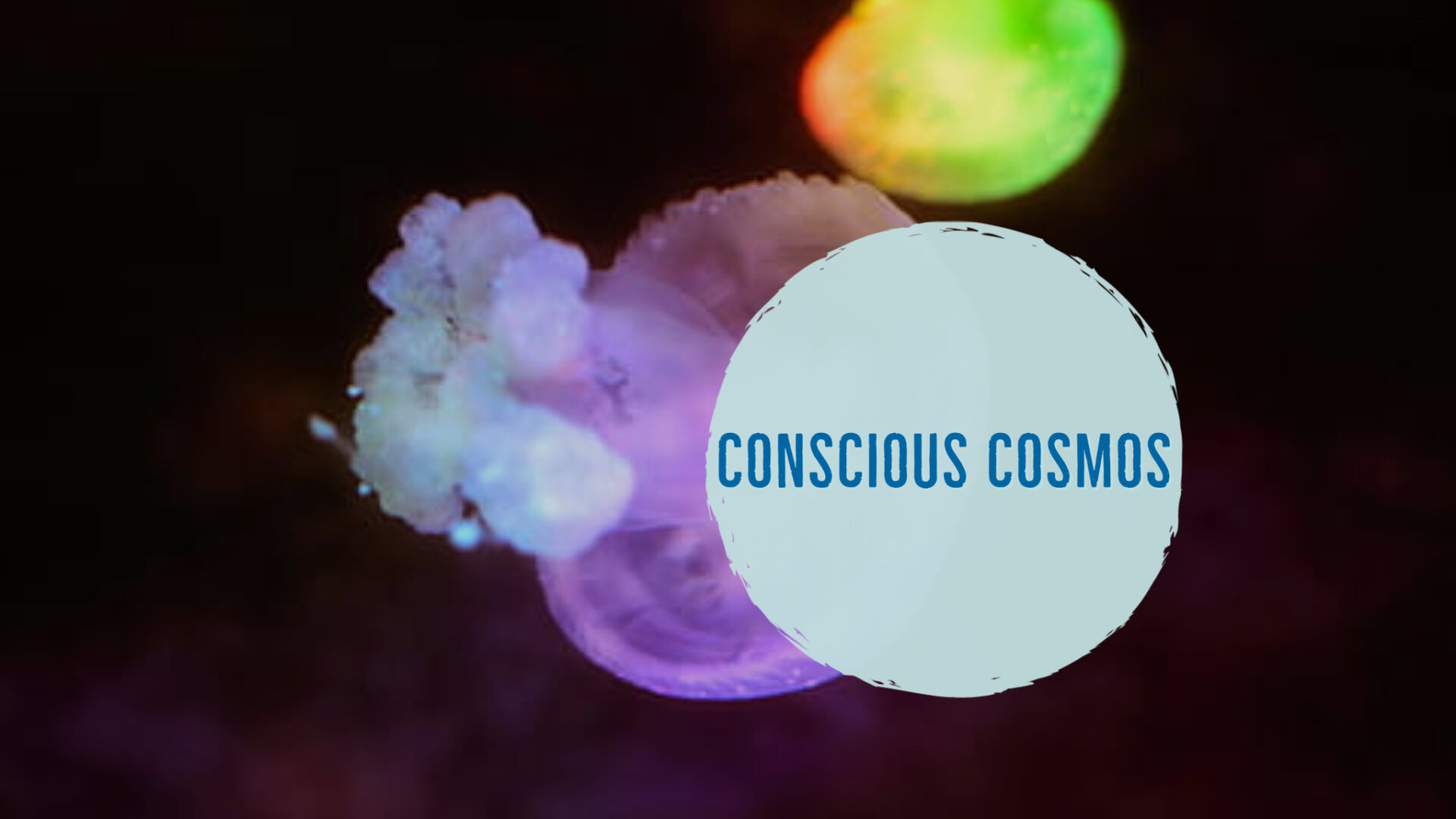The Chandogya Upanishad text of the Vedas contains an interesting dialogue between a teacher and a student. In this episode, the teacher explains the connection between food and the subtle aspects of life in the body. Certainly, everyone knows about the gross aspects. Firstly, the body uses nutrients from food and forms the cells such as our muscles, tissues and bones. Further it excretes the gross wastage. First, the teacher explained this to his students. Further, he explained the subtler aspects of food. Subtler aspects become the energy of the mind, intellect and memory. However, one student had a doubt about food being responsible for the mind. He felt that mind is merely an abstraction. This student expressed his doubt to the teacher.

Strangely, in response, the teacher sent him to fast for fifteen days. The young student protested that he may die without food. The teacher told him to drink water during the fifteen days. He sent him on a fast with the assurance that the water can sustain his life force.
Certainly, the student returned back in fifteen days. He had followed all the instructions. The teacher then asked the student to recite a specific set of mantra. The students was adept in this set of mantras because he had memorized them. However, his memory failed him. The surprised student tried his best. Subsequently he admitted to his teacher that he could not remember the mantras. The teacher asked him to return after eating his food. To the student’s surprise, he could recollect all the mantras when he came back. Subsequently, the teacher explained the subtle nature of connection between food and the inner faculties.
Quantity and Quality of food matters
Vedic tradition lays a lot of importance on the quality of food – where it was grown, how it was harvested and how it was cooked. In the past, farmers hummed simple melodies, especially while harvesting grains. Honoring guests with food was a custom. Selling food for money was discouraged because of the fear that the money insecurities of a cook would impact the mind of the person consuming the food. The belief was that the emotions of a cook can impact the subtlest aspect of the food. The dictum “Mother’s food is the tastiest” is similar to this belief. There was no scope for a Food industry driven by greed to develop in the Vedic Era.
